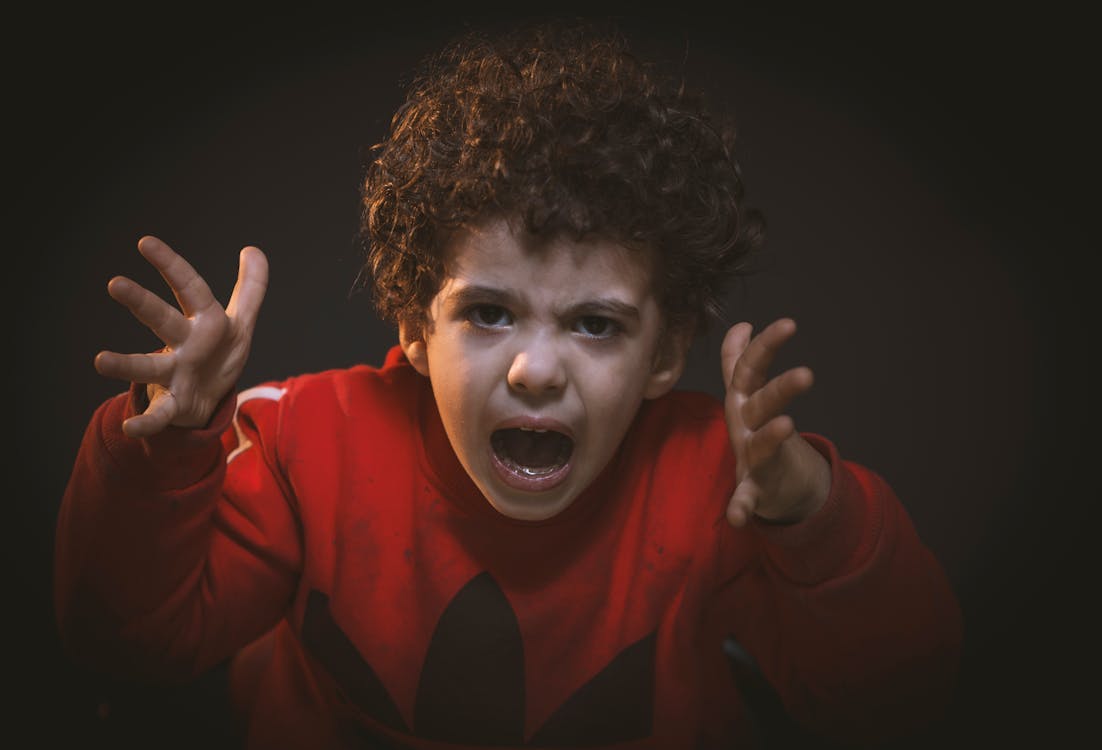
Violence refers to the use of physical force with the intent to injure another person or destroy property. It is a hot issue. You can hear it on the radio, see it on TV, and read in newspapers. What makes them do this? Where does this hostility stem from? How can we understand senseless acts of aggression?
Violence is often considered a physical expression of aggression, impulsive, reactive, or defensive in nature. It can develop from situational or environmental factors and may result from a mental condition or from personal or cultural beliefs. These factors that affect our behavior and are at risk for developing violent tendencies such as the biological traits, family bonding, individual characteristics, education, child upbringing, peer relationships, culture, and resiliency.
Each factor of a person's life can affect and be affected by another factor. When negative factors are accumulated such as maltreatment, chaotic neighborhoods, or psychological problems reach a brink, then, violence is more likely to erupt as a means of coping with life's problems.
Though it is difficult to identify all of the factors that may lead to the development of aggressive tendencies or violent behavior; growing in mentally erratic and physically abusive environment significantly affect the psychological and physiological makeup of a child.
Alcohol-related violence is rampant nowadays but not everyone who drinks alcohol, even to excess, becomes aggressive. Aggressive or violent tendencies can result from different mental health conditions. It can be due to drug abuse which may produce violent behavior, even when a person is not usually violent. Bipolar disorder can also lead to the violent expression of aggressive thoughts. In some instances, brain injuries can also cause a person to become violent, and children who grew up in traumatic or neglectful environments can be more inclined to demonstrate aggression and resort to violence.
Children who grow up with aggressive parents may also begin to demonstrate aggressive behavior or mental health conditions as a result. Bullying, for example, is significantly connected to mental health. Inconsistently or inappropriately disciplined children, are more likely to become bullies and may then abuse their own children later in life. They also are more likely to experience parasomnias, such as night terrors and sleepwalking, than children who did not experience bullying from a sibling.
Demonstrated aggressive and/or violent behavior may also indicate an intermittent explosive disorder (IED) or conduct disorder. IED condition is often indicated by extreme expressions of anger, disproportionate to the situation, that may become an uncontrollable rage. Conduct disorder, on the other hand, is a condition under attention-deficit and disruptive behavior and is characterized in part by physical and verbal aggression, destructive behavior, and cruel behavior toward humans and animals.
A person in an abusive relationship, for example, may fear further consequence and feel unable to leave the relationship, which can potentially subject her to further harm. When feelings of shame, humiliation, or fear, are expressed, protective aggression may dissipate.
When violence occurs as a result of abuse, such as when physical abuse that occurred in childhood leads an adult to resort to violent expression. Although most people can control their actions to the extent. However, there are a few who end up in violence.
Self-control is key to a well-functioning life because our brain makes us easily susceptible to all sorts of influences. This is the reason why control mechanisms are essential to prevent us from being aggressive and violent.
https://ezinearticles.com/?Why-Do-Some-People-Have-Aggressive-Or-Violent-Tendencies?&id=9745284


No comments:
Post a Comment